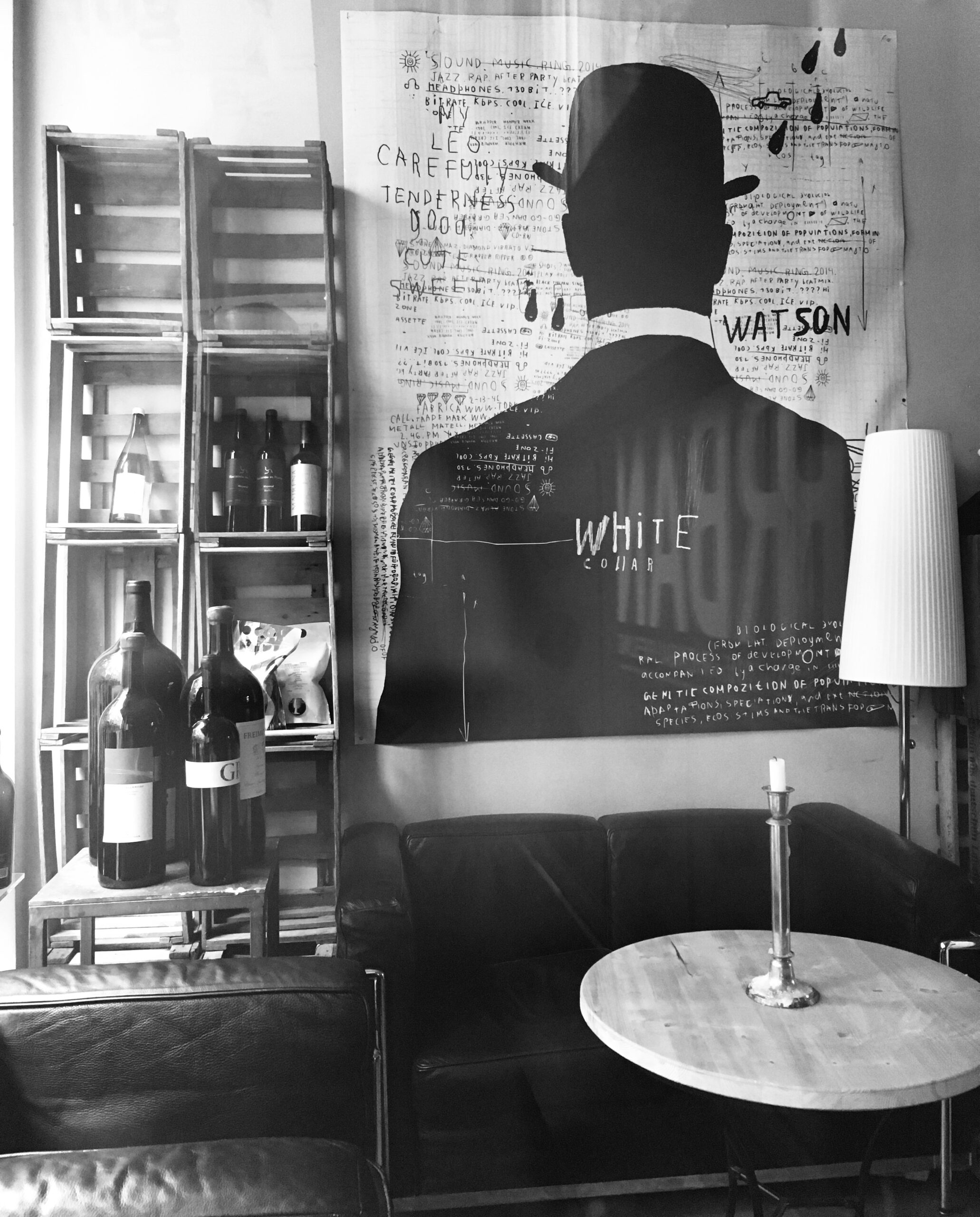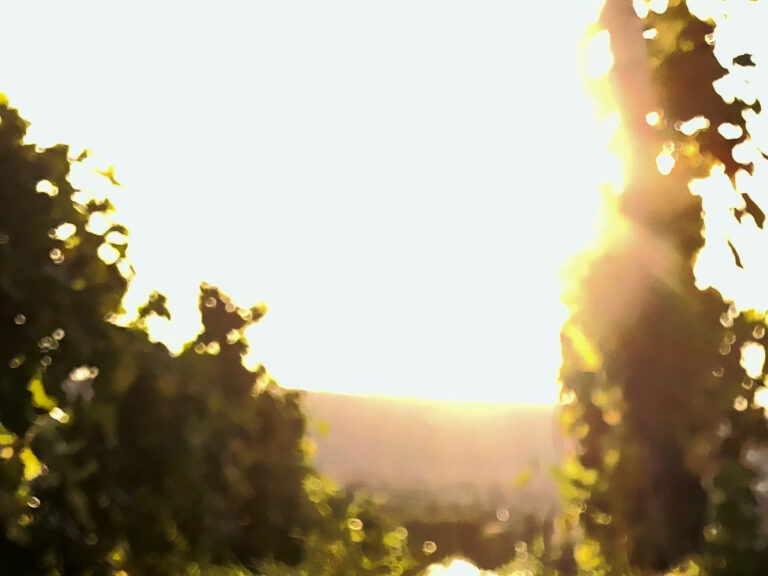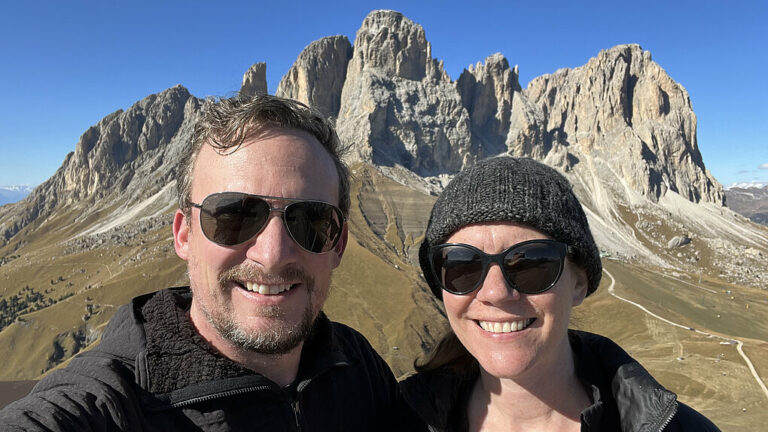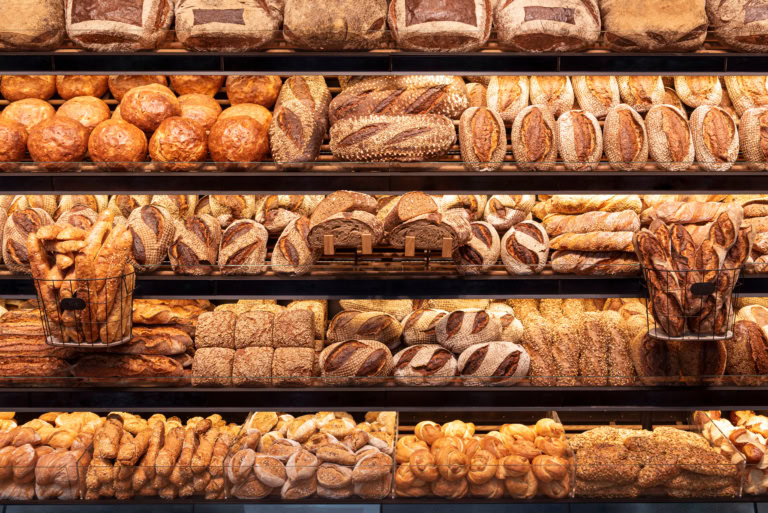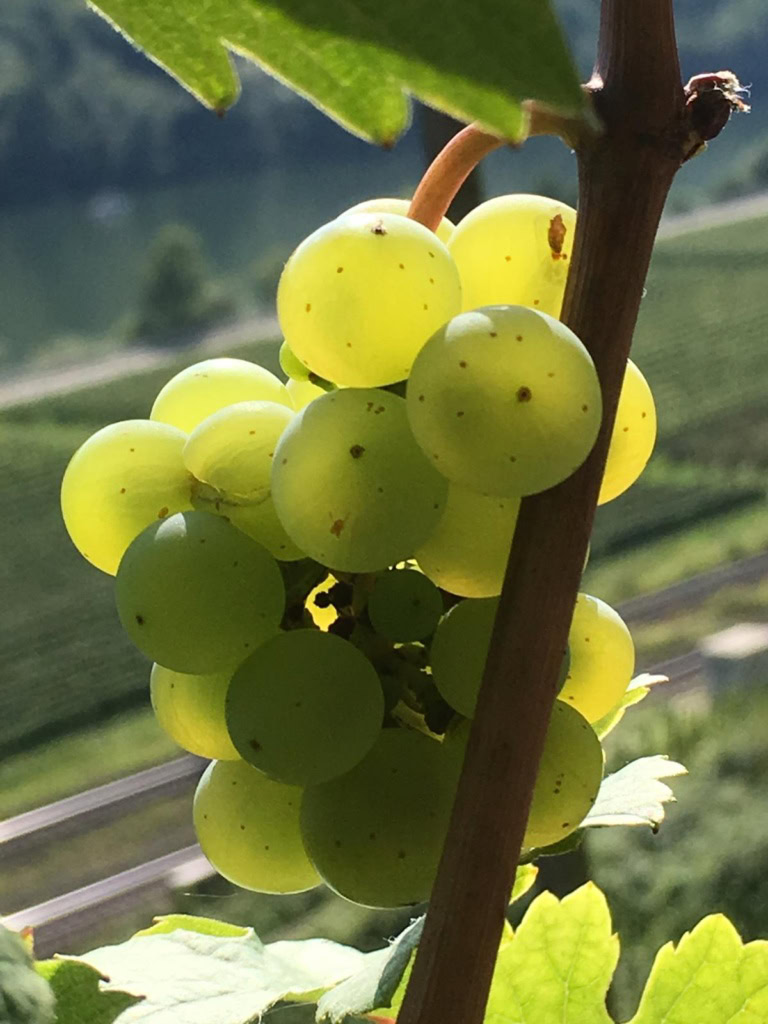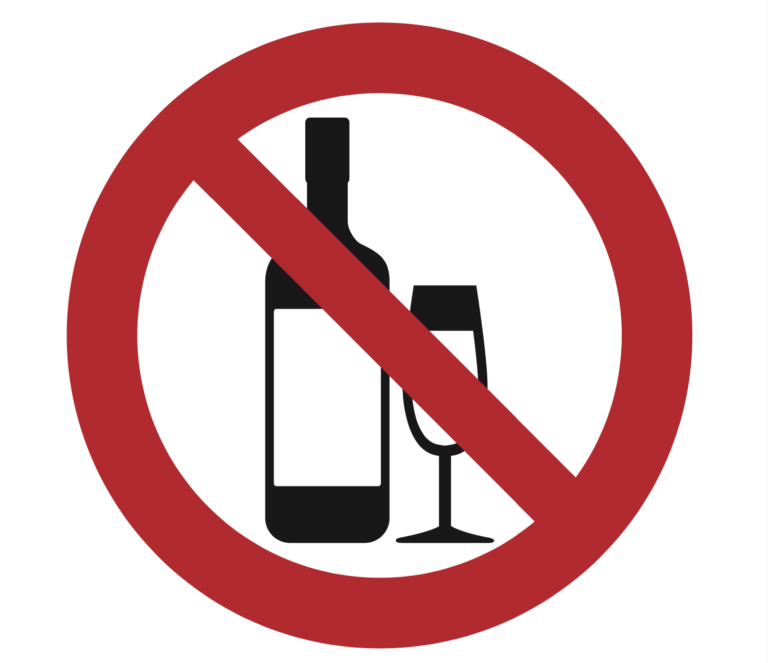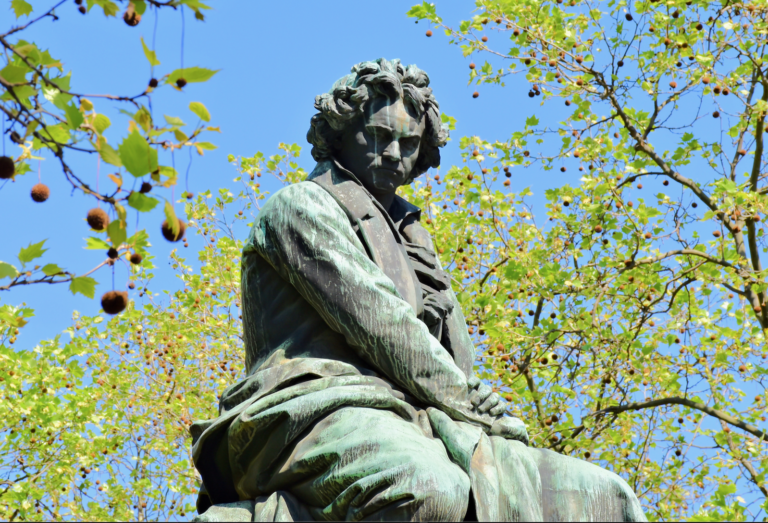A traveler without a destination, a scholar without a degree, Judy is perfectly content to follow her meandering path only in anticipation of what turning the next corner may reveal. Born in Germany, raised in Louisiana, with pit-stops in New York, Chicago, Seattle and Austin. Like her interests, Judy’s jobs are varied: flight attendant, pastry chef, travel agent, stationery importer, preschool teacher, bartender and lifestyle columnist. From 2011-2014 she lived with her husband and four daughters in southern Belgium, where she spent every free moment tracing Josephine Bonaparte, M.F.K Fisher, Auguste Escoffier and Julia Child’s footsteps. She writes for the Belgium-based SHAPE Community Life Magazine in addition to her personal websites, "Unveiling Wiesbaden" and "Mincing Words Abroad." Judy is currently chasing monks and nuns who make wine and offer overnight accommodation at abbeys across Germany.
